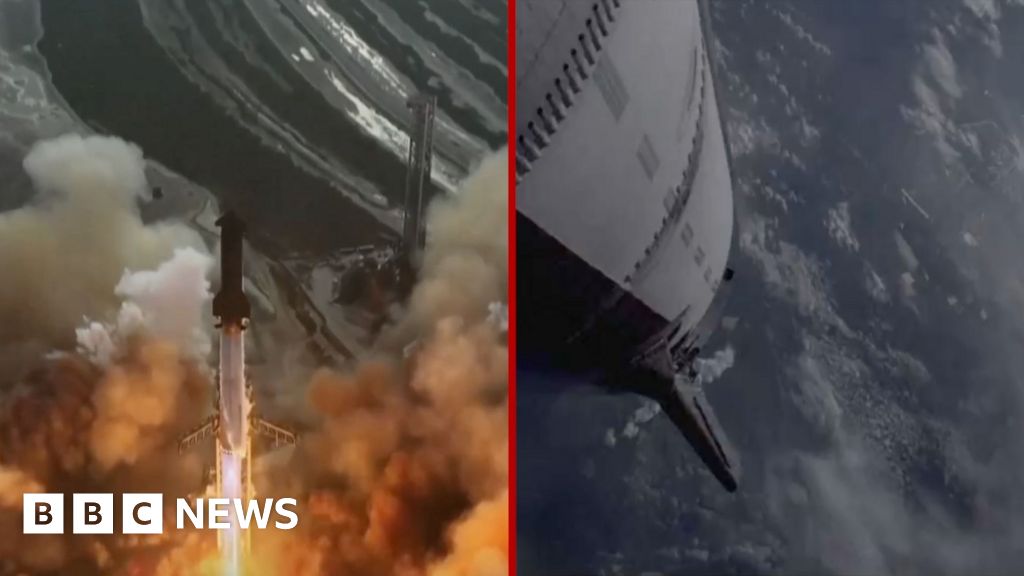The Apollo missions marked a monumental era in space exploration, resulting in a total of 24 astronauts making the journey to the Moon through the pioneering efforts of NASA during the 1960s and 1970s. With the recent passing of Apollo 13 commander Jim Lovell at the age of 97, the ranks of those who have left their footprints on the lunar surface have dwindled to just five remarkable individuals.
Now, as humanity eyes a return to the Moon, the focus shifts to NASA's Artemis program, which aims to send astronauts back to the lunar surface by the end of this decade. Meanwhile, China is also working toward sending their astronauts to the Moon by 2030, following successful missions on the far side of the Moon. The landscape of space exploration is evolving, with private companies such as SpaceX and Boeing, each facing their own challenges, competing to develop technologies for lunar exploration.
Among the remaining Apollo astronauts is Buzz Aldrin, who, together with Neil Armstrong, made history as one of the first men to set foot on the Moon during the Apollo 11 mission. Aldrin's journey has been filled with both triumph and personal challenges, including a resolute defense of the authenticity of the Moon landings. His advocacy for sustained lunar exploration continues to inspire new generations.
Charlie Duke, the youngest astronaut to walk on the Moon during Apollo 16, described the breathtaking contrasts of the lunar landscape and now looks forward to the upcoming Artemis missions with mixed feelings about the challenges this new generation may face.
Fred Haise is remembered for his near-disastrous Apollo 13 mission alongside Lovell. Although he never got to walk on the Moon himself, his experience as a test pilot significantly contributed to NASA's advancements.
Harrison Schmitt, the only scientist to walk on the Moon, played a vital role in Apollo 17, bringing a scientific perspective to lunar exploration. Following his NASA career, Schmitt transitioned to politics and academia, maintaining his involvement in space-related discussions.
Lastly, David Scott, the seventh Moon walker and commander of Apollo 15, was part of pivotal experimental endeavors such as testing the Lunar Roving Vehicle. His contributions extend beyond the lunar surface, as he has remained active in the aerospace field and media.
As the next generation of astronauts prepares to embark on their own lunar adventures, the stories of these five pioneers continue to resonate, reminding us of humanity’s relentless pursuit of exploration and discovery beyond our planet. The question remains: what new milestones and challenges will arise as we look to the stars once more?
















